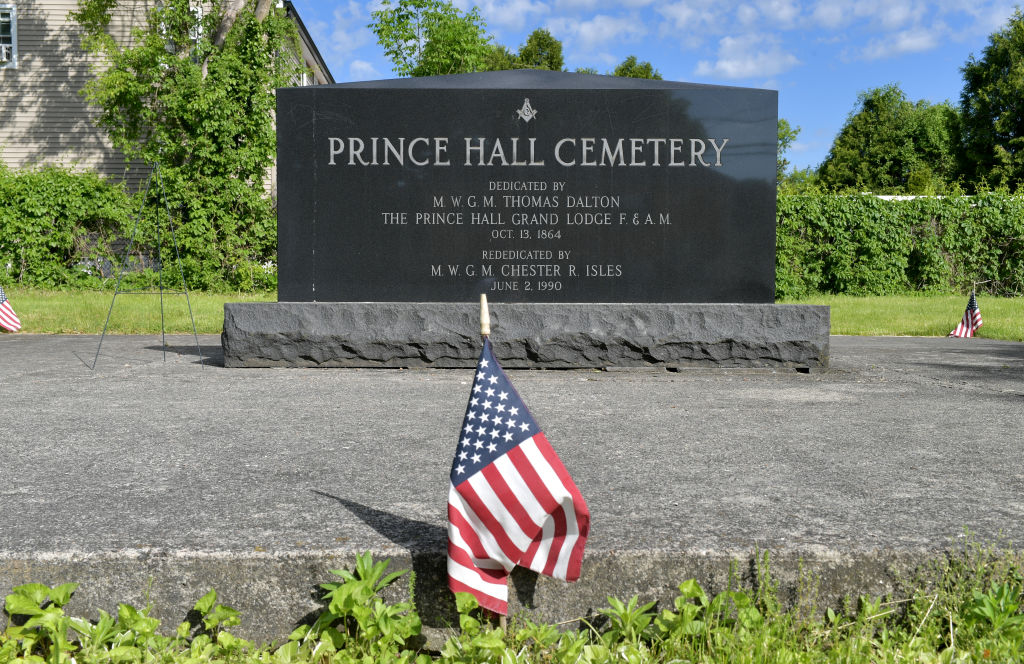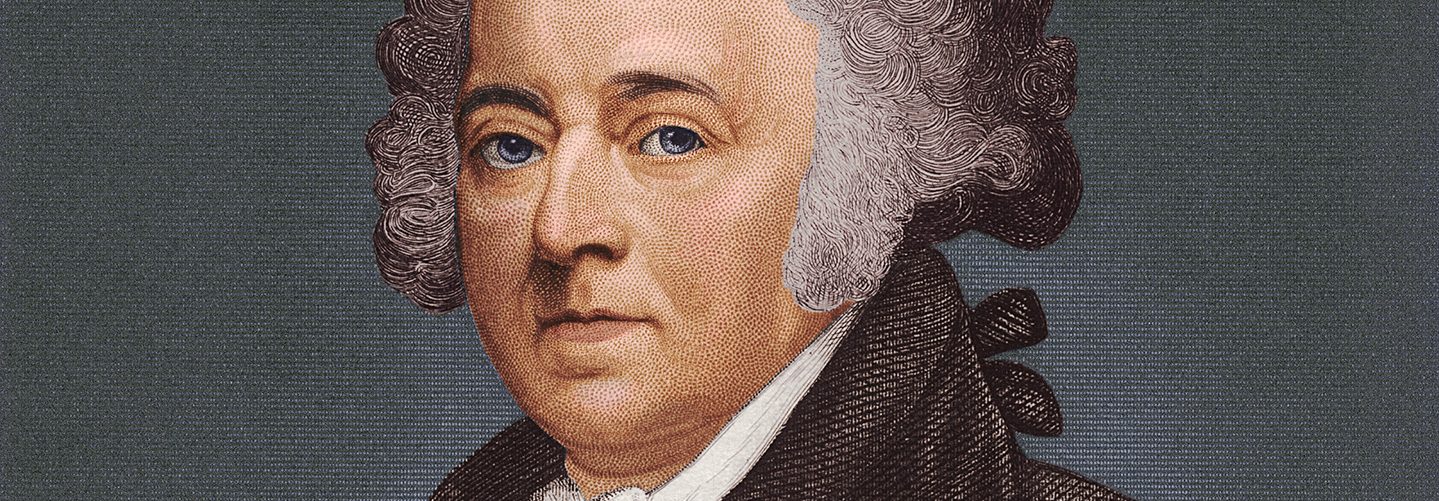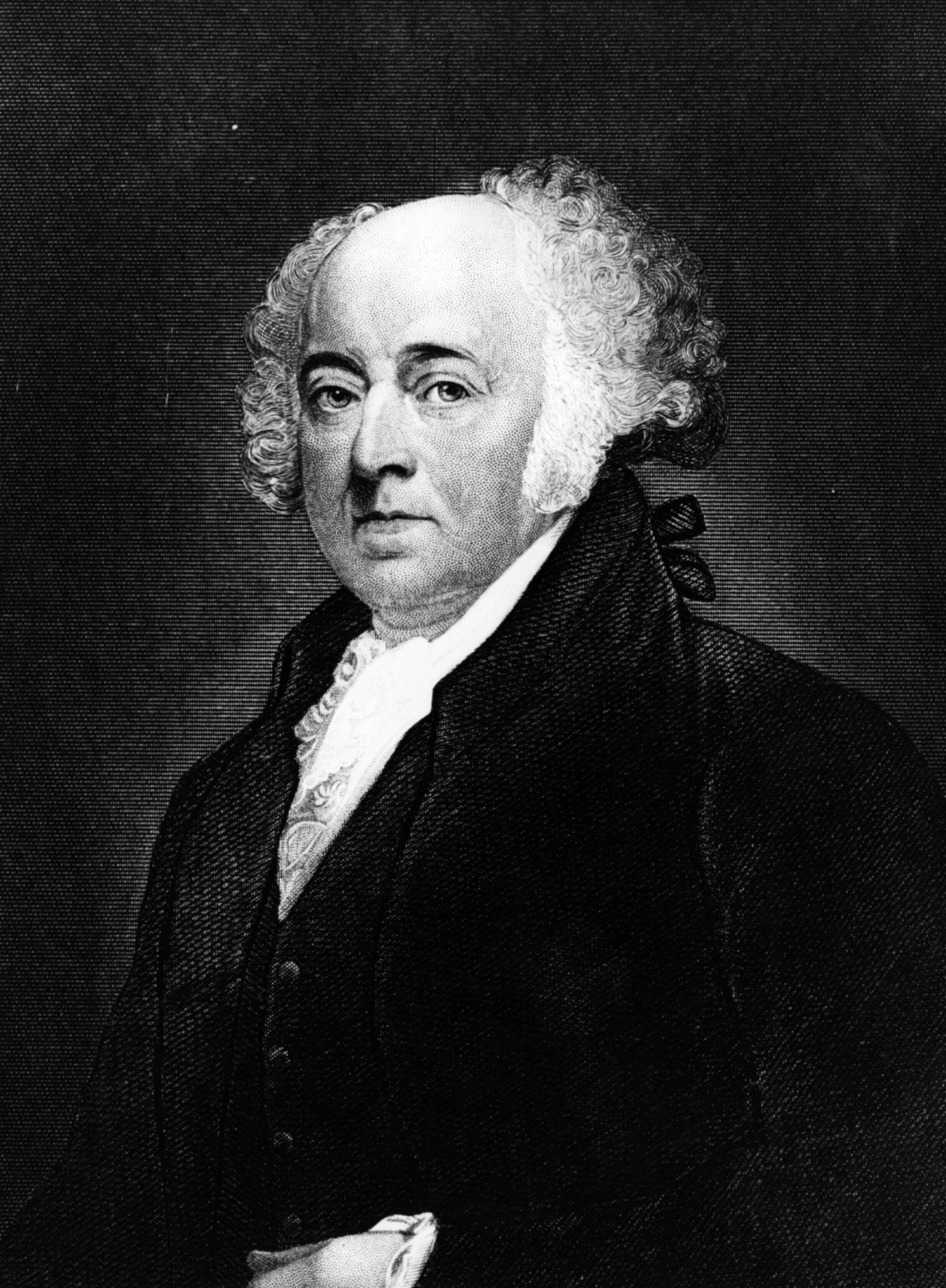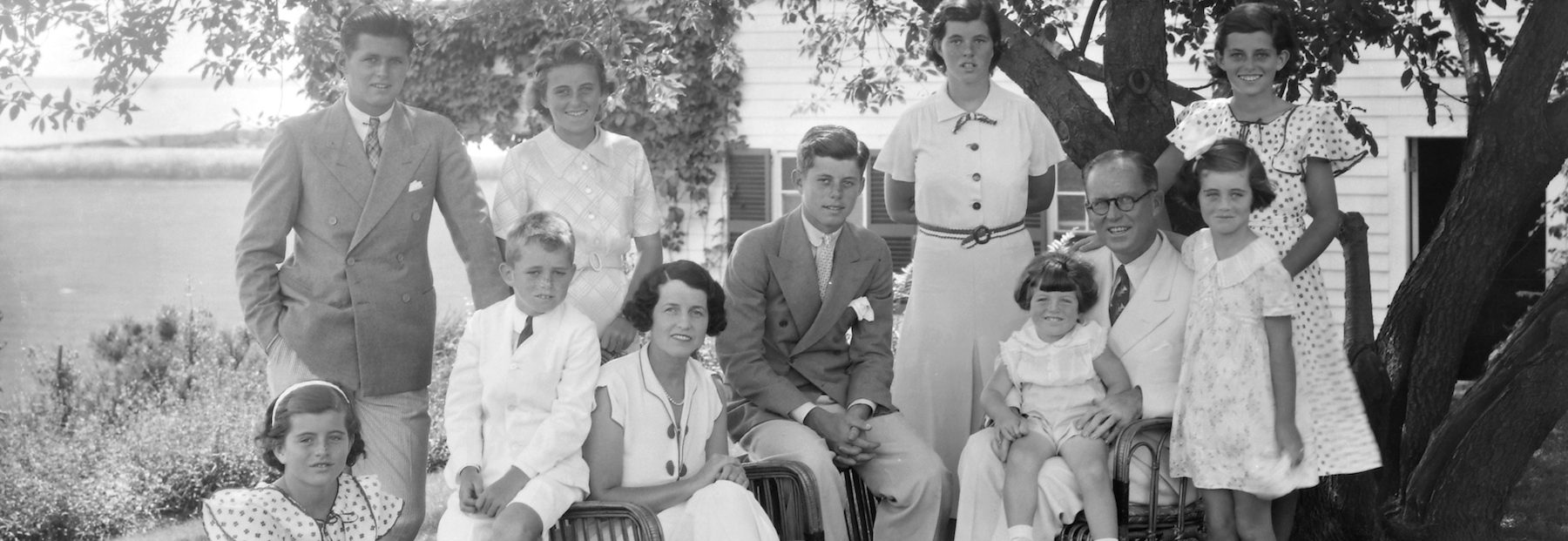When you think of the early days of the United States of America, a few prominent names probably come to mind first — Washington, Jefferson, Adams or Hamilton among them. But there are plenty of other prominent figures active in the late 18th century whose impact on the nation was vast. One of them was Prince Hall, a contemporary of John Adams, who spent his life advocating for abolition and racial equality.
In a new article at The Atlantic, Danielle Allen explores Hall’s life and influence. Allen makes a clear case for Hall’s importance, writing that “Hall helped forge an activist Black community in Boston while elevating the cause of abolition to new prominence.”
Allen makes the case for Hall’s rhetorical skill, used to advance a number of causes which would eventually lead to a better nation. As a free Black man at a time when Massachusetts still allowed slavery, he cited the Declaration of Independence to argue that slavery was not compatible with the ideals of the new nation.
Hall was also a Freemason, and ultimately founded a lodge in Boston. “It is the oldest continuously active African American association in the U.S., with chapters now spread around the country,” Allen writes. Hall’s legacy is a multifaceted one — as well as being groundbreaking for a number of reasons.
Subscribe here for our free daily newsletter.
Thanks for reading InsideHook. Sign up for our daily newsletter and be in the know.

















